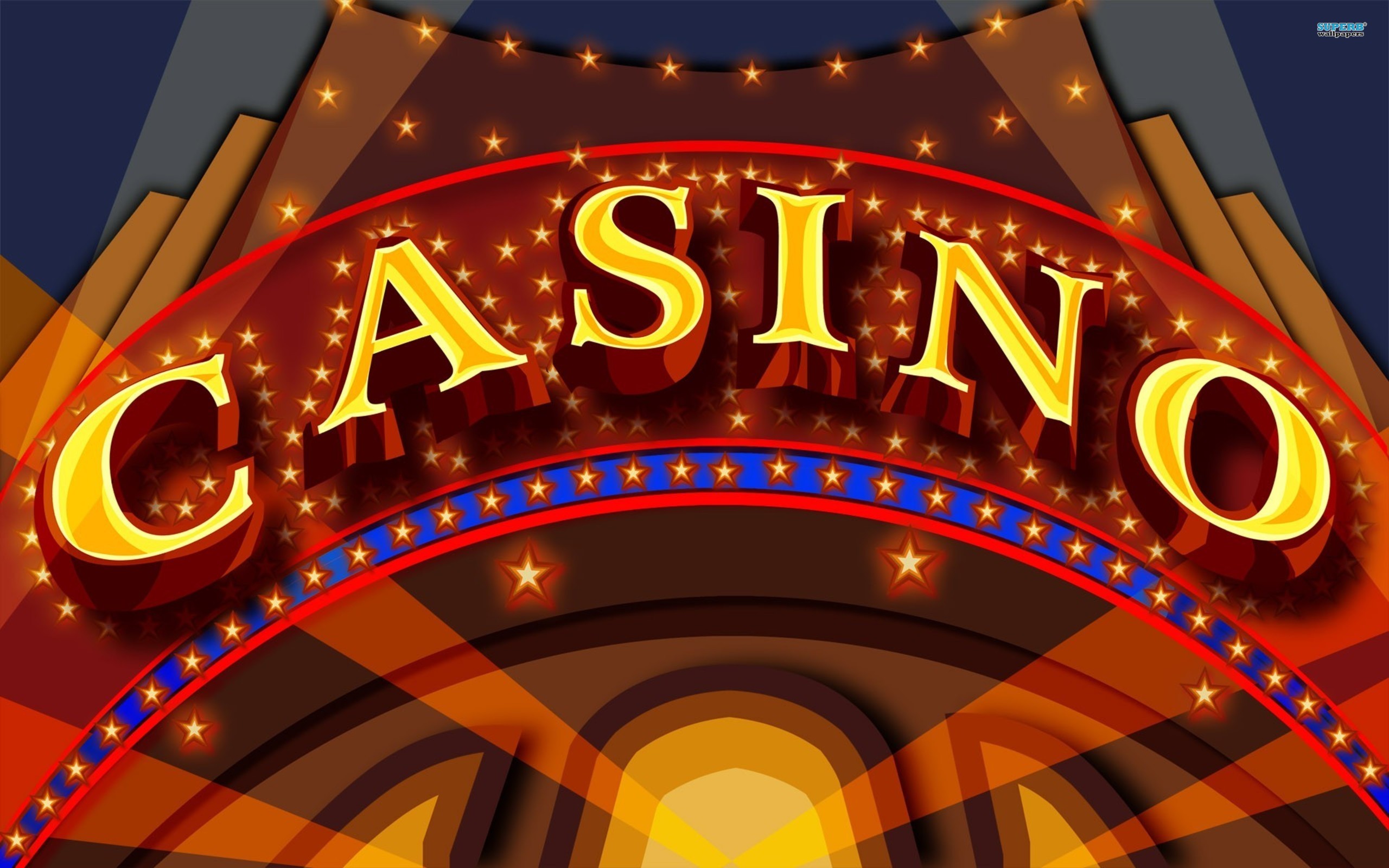
Casino games have captivated enthusiasts for centuries, pulling them into a universe of adventure, fortune, and prosperity. From the blinking lights of video slots to the strategic action of card tables, these activities offer a unique combination of amusement and hazard. However, beneath the facade of this glamour and style lies a sophisticated relationship of calculations that determines every result and decision made within the casino.
Grasping this relationship between casino games and math merely improves the gambling experience but may also help players make wise selections. Whether you are a casual player or a passionate follower, recognizing the numerical strategies at play can give insightful insights into probability, odds, and strategies, ultimately influencing how one tackles these games of chance.
Statistical Probability in Gambling
In the sphere of casino activities, mathematical likelihood plays a vital role in assessing outcomes and guiding gambler choices. Every game has a specific set of regulations and a particular probability model that influences its dynamics. For instance, in activities like the roulette wheel, players must comprehend the odds of hitting a certain digit or color. The likelihood of specific occurrences occurring can be assessed, and this knowledge can significantly influence betting tactics.
Gambers also need to be aware of the casino edge, which is the statistical advantage that casinos hold over gamblers in the long run. This edge differs across various games. In blackjack, skilled players can use tactics to minimize the house advantage to as low as one %, while in activities like slots, the casino advantage can be significantly greater. Comprehending the casino advantage allows gamblers to make educated choices about which games to participate in and the amount to bet.
Additionally, likelihood is essential in the concept of danger versus reward in gambling. Each wager carries a particular danger level, and gamblers must evaluate the possible payout against that danger. Activities like the poker game require gamblers to not only calculate the chances of their personal showing winning but also to assess the likelihoods of their rivals’ hands. By utilizing statistical concepts to their gameplay, players can improve their chances of success and participate more effectively in the thrilling realm of casino games.
Anticipated Value in Gambling Activities
When discussing casino games, one of the fundamental ideas rooted in mathematics is the anticipated worth. https://ga179.mobi This numerical measure helps players understand the potential results of their bets over time. In basic terms, anticipated value (EV) determines the average amount a player can expect to gain or suffer per bet if they were to play the game repeatedly. Each game has its own EV, influenced by the probabilities and the house edge, which signifies the advantage that the gambling establishment holds.
For example, think of a activity like the roulette game. The anticipated worth can be calculated based on the specific wager placed. If a player bets on a single number, the return is 35 to 1, but the true odds of winning that bet are 1 in 37 (in European roulette). This leads in a negative anticipated worth, showing that, on the whole, players will incur a loss money over a period when playing this type of bet. Grasping this idea allows players to make better informed decisions about which games and bets may be more favorable.
Furthermore, the investigation of anticipated worth can lead to better money management. Gamblers who comprehend the mathematics behind their activities are often able to set practical goals. By recognizing their potential losses and profits, they can adjust their gambling strategies accordingly, which may improve their total gaming experience overall. As a result, expected value serves as a crucial resource for both novice and seasoned gamblers to steer through the frequently volatile character of gambling games.
Approaches and Chances: The Mathematics Behind Winning
In gambling games, comprehending the chances is vital for gamblers looking to boost their likelihood of winning. Each contest has its own unique set of probabilities that dictate successful outcomes, and these numbers are often presented in the rules of the game rules or payout tables. For instance, in activities like 21, players can improve their probabilities through tactics such as tracking cards, which depends on arithmetic concepts to gain an upper hand over the establishment. By acquainting themselves with the chances, gamblers can make more educated decisions on when to bet and when to quit.
Additionally, the principle of expected outcome holds a significant part in gambling strategies. Expected value assesses the mean outcome of a stake over a period, allowing gamblers to evaluate whether a particular wager is worth taking. For instance, slot machines have a set payback percentage, which can suggest the expected profit a participant can look for on their stakes. By choosing games with higher average outcomes, participants can lessen the casino edge, boosting their potential returns in the future.
Finally, successful participants often employ a combination of luck and calculative tactics to enhance their gaming experience. While luck is uncontrollable, managing a staking plan based on calculative ideas can lead to more favorable outcomes. By employing techniques such as bankroll management and picking games, participants can utilize math to handle the random nature of gaming, making the most of their investments and money at the tables.

